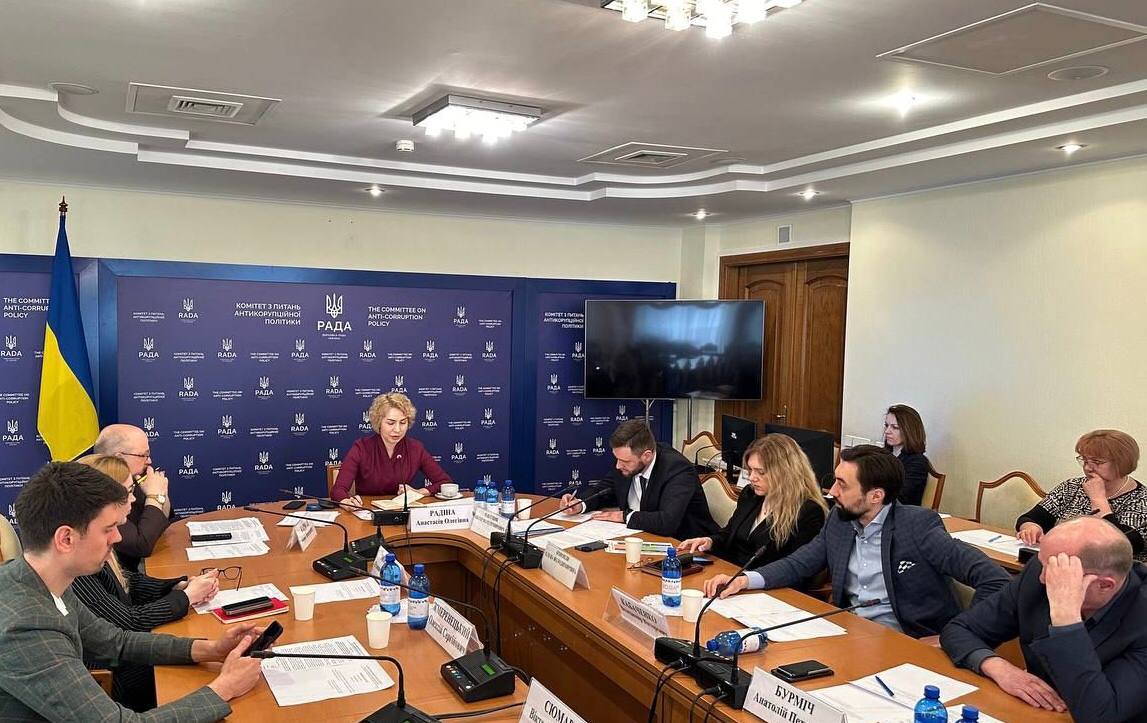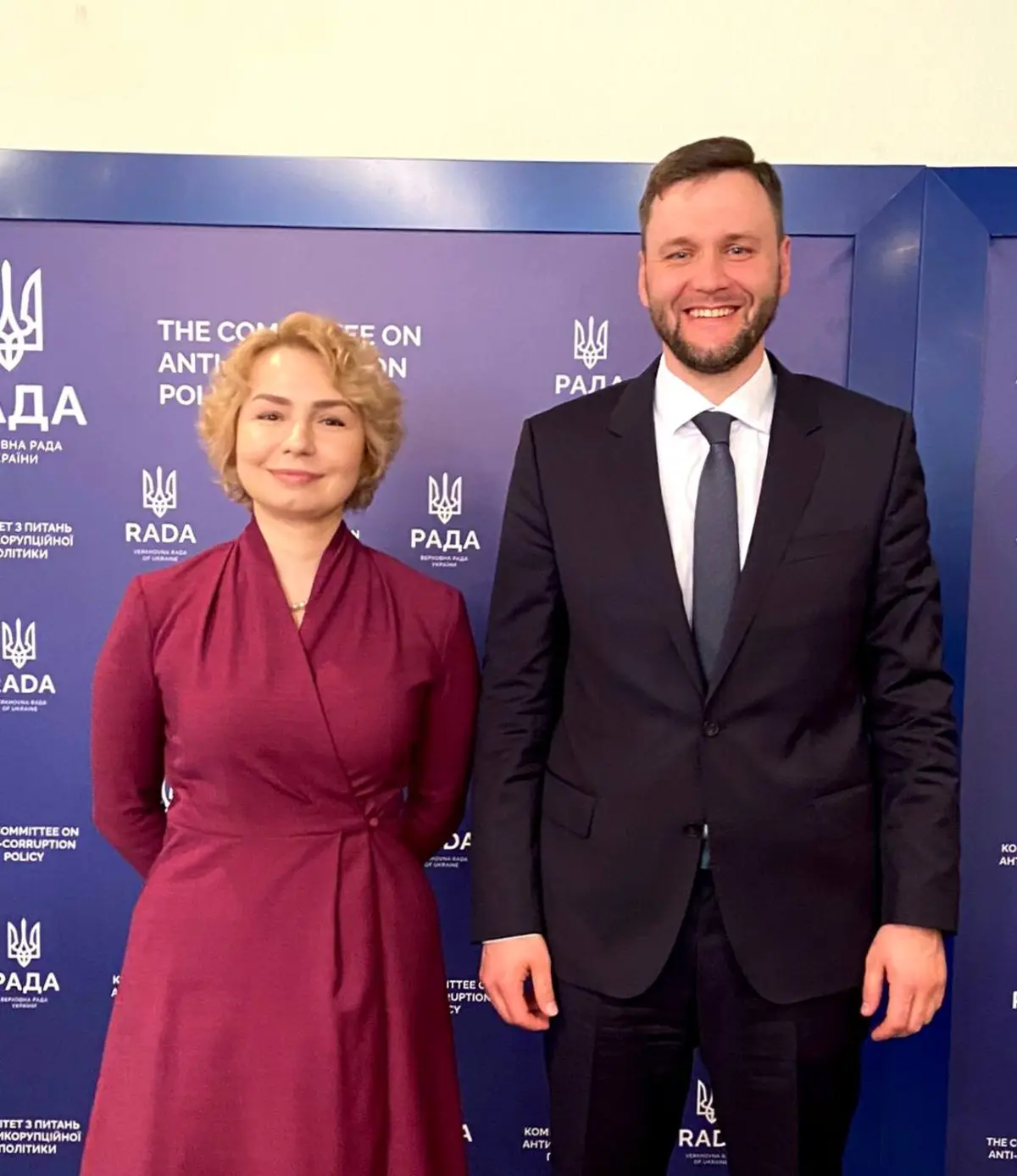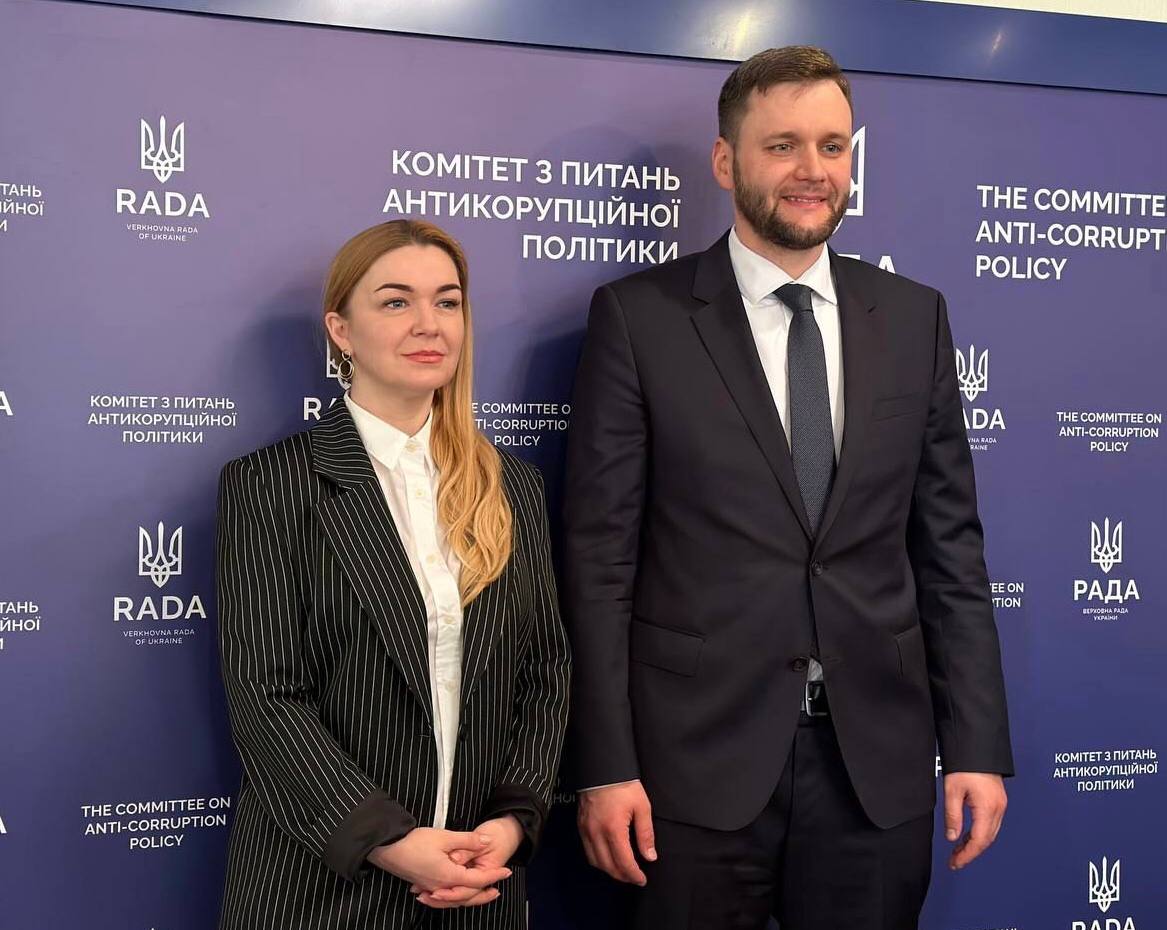
On April 10, the Head of the National Agency on Corruption Prevention (NACP), Viktor Pavlushchyk, and representatives of the Verkhovna Rada Committee on Anti-Corruption Policy discussed the priorities and challenges for NACP, as well as areas in which MPs can support the Agency. The Head of the NACP spoke about his first steps as head of the Agency, the challenges of the institution, and answered questions from MPs.
The challenges for the NACP now include the need to verify a significant number of declarations while applying a new risk-based approach, as three declaration periods (for 2021, 2022 and 2023) have almost simultaneously lasted and ended. Another challenge is the special vetting of candidates for various public positions (vetting was suspended for a year and a half after the start of the full-scale invasion). Currently, the number of vetting procedures to be carried out is much higher than the Agency's capacity, which causes difficulties with reallocating human resources within the NACP and meeting deadlines. However, the Agency is coping with this and focusing on its core activities.
In addition to inspections, the NACP is focused on further work on simplifying and automating the declaration process; monitoring the lifestyle of public officials and their compliance with conflict of interest legislation; implementation of the State Anti-Corruption Program (SACP) until 2025 and the start of work on the next SACP; strategic risk analysis; anti-corruption expertise of legislative acts; creation of a transparency register as part of the implementation of the Lobbying Law; improvement of the Whistleblower Portal; and verification of political party reports.
According to Viktor Pavlushchyk, "The state should not verify the data it already has. The key thing is to focus on verifying information that is not in the registers and look for "big lies'' rather than small mistakes in declarations." This approach was supported by the committee members. They also emphasized the need to strengthen training and education for public officials, in particular on declaration issues, and to simplify explanations for declarants. The NACP Head expressed his vision for this process: "A significant part of the NACP's explanations can be implemented in the legislation. This will simplify the lives of declarants, make the declaration rules unambiguous and unified, and help avoid different interpretations of the same rules," he said. However, this is large-scale and lengthy work that will take time to yield results. It is also important to start working on the development of a new Anti-Corruption Strategy and the Annual Action Plan for its implementation (for the period after 2025). In order to track the progress of the implementation of the Anti-Corruption Strategy by ministries and agencies, the NACP Head advises MPs, analysts, and everyone working in the field of anti-corruption to use the Information System of Monitoring of the State Anti-Corruption Program (ISM SACP). It can also be useful for international partners and donors, as it is fully adapted in English.
The assistance that the specialized parliamentary committee can provide to the National Agency is primarily related to the promotion of legislative initiatives contained in the SACP as well as bringing Ukrainian legislation closer to the norms of the European Union and the requirements of the Organization for Economic Cooperation and Development (OECD).
Committee Chair Anastasiia Radina also noted that the Agency should engage a sufficient number of experts, including sectoral experts, to coordinate the implementation of the current SACP, develop a new program, and analyze the most corrupt areas. Volodymyr Kabachenko, MP, Secretary of the Committee, emphasized that the Committee is ready to engage in the analysis and work with those agencies implementing the SACP that have the lowest level of fulfillment of their commitments (18% of the three-year program's activities were implemented in the first year). The MP also emphasized the importance of building the institution of anti-corruption commissioners and strengthening their independence.
The participants of the meeting discussed the peculiarities of reporting by political parties, the procedure for lifestyle monitoring, solving the problem of paying money to whistleblowers, etc.
The MPs suggested that one of the next meetings of the Committee should be held on-site at the NACP premises.





